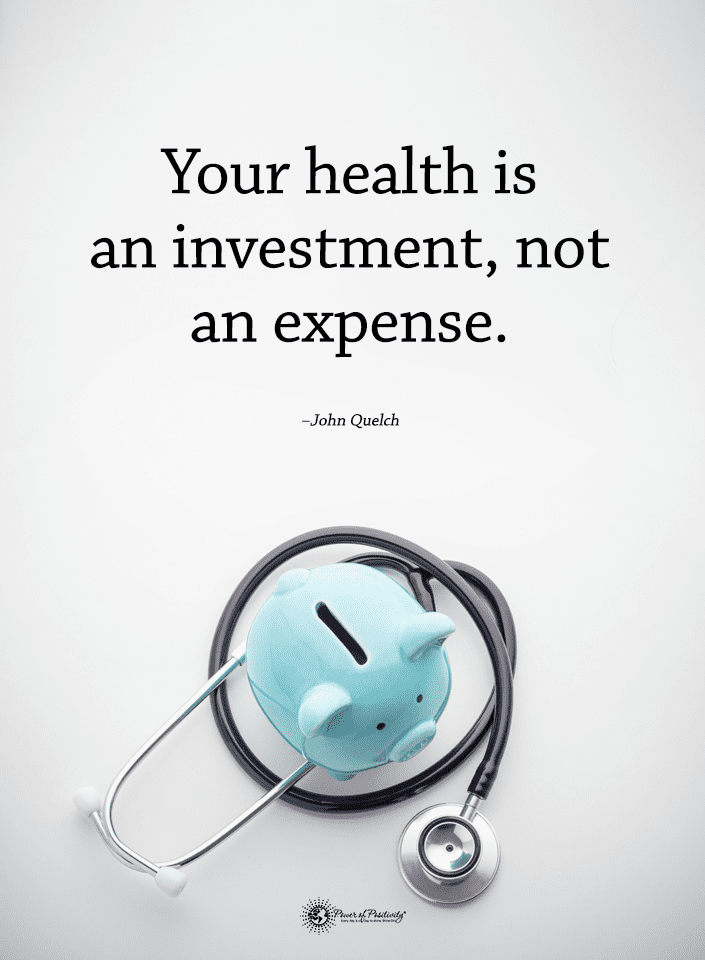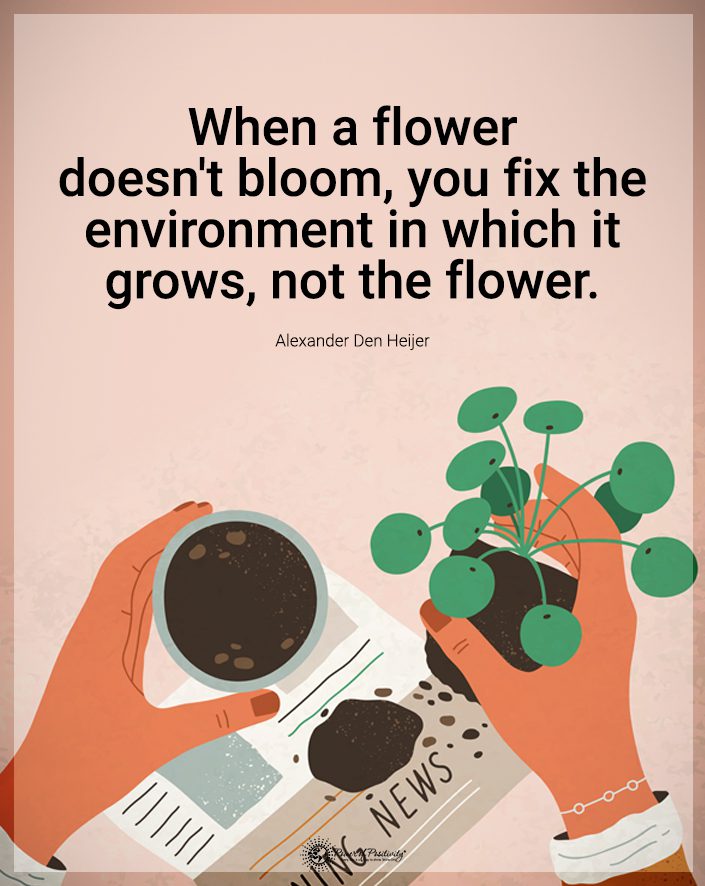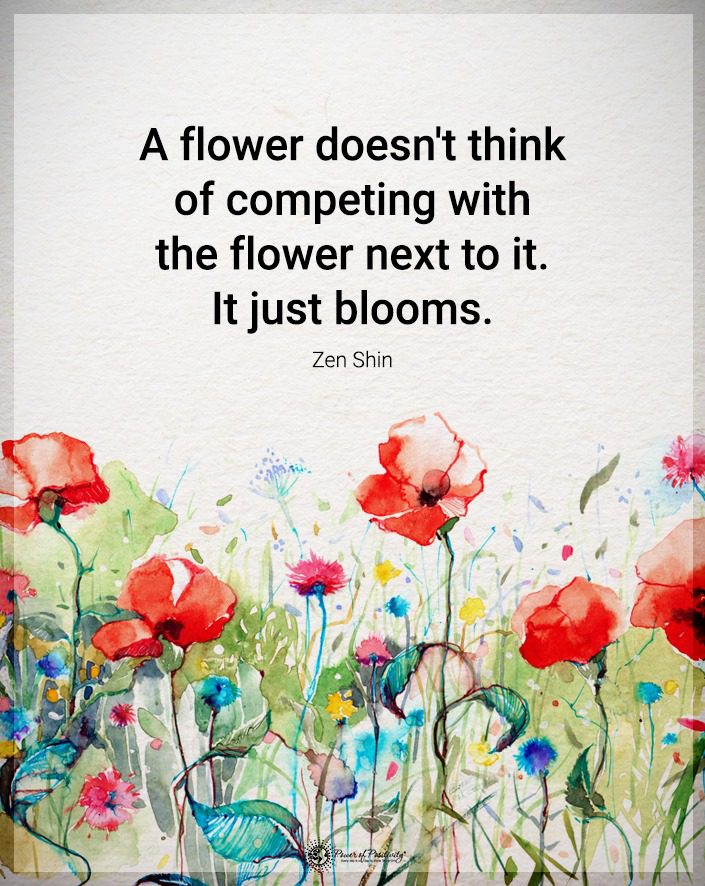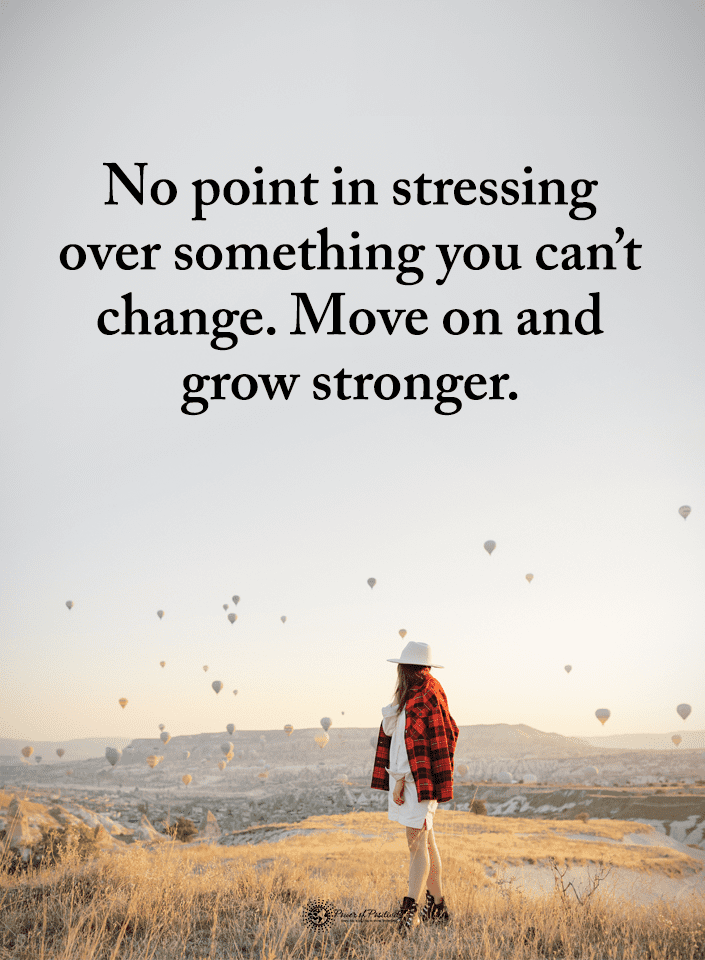A personality disorder (PD) refers to persistent, unhealthy cognitive, emotional, and behavioral patterns that negatively affect one’s life. People suffering from these disorders may have difficulty forming and maintaining relationships. They also usually struggle to hold a regular job and display impulsive, reckless behaviors. Also, someone with this mental disorder often displays an unstable, uncertain sense of self. In other words, their perception of themselves can change drastically from moment to moment.
People with severe psychological conditions may develop maladaptive coping mechanisms such as avoidance, drug use, or codependency. The causes of personality disorders vary, but most health professionals believe a combination of childhood trauma, brain chemistry, and inherent personality traits are to blame. Also, these mental disorders are highly heritable, with some studies estimating genetics contributes 35-60% to a PD diagnosis. Most often, symptoms manifest in adolescence or early adulthood but can emerge in childhood in rare cases.
However, specific therapies such as CBT, psychiatric medications, and lifestyle changes can help with symptom management. Plus, talk therapies can provide valuable coping skills and teach patients self-love and compassion, which can help them reframe negative thoughts. Below, psychologists and mental health experts reveal the behavioral signs that suggest an underlying personality disorder.
Understanding Personality Disorders
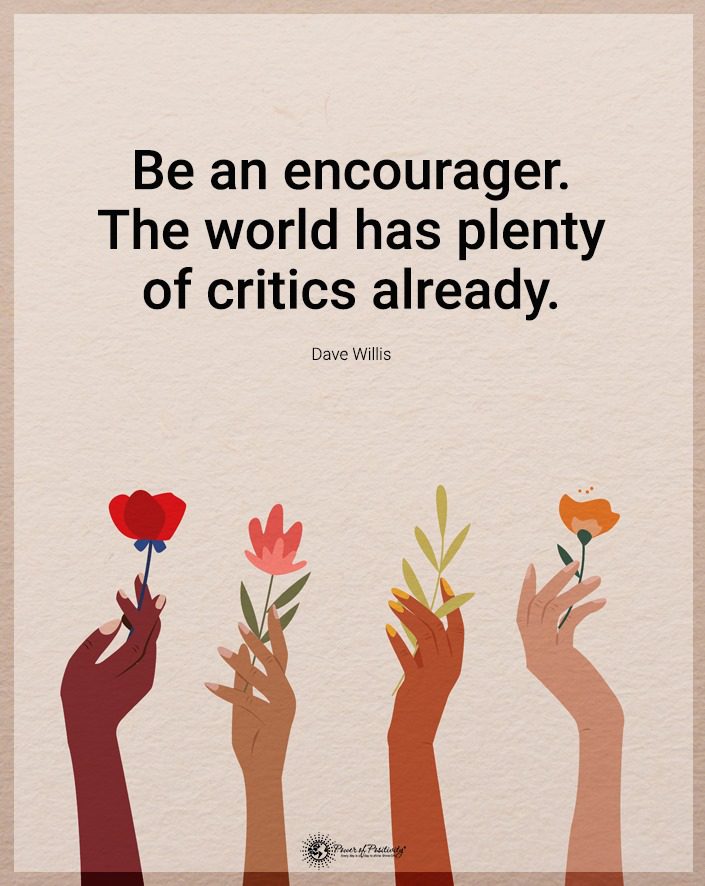
As defined above, personality disorders are a group of disorders characterized by unhealthy, abnormal patterns of thinking, feeling, and behaving. People with these mental health conditions often have a negative self-image, difficulty maintaining relationships, and struggle to complete daily tasks. They tend to act impulsively based on fluctuating moods, making it challenging to manage adult responsibilities. Psychologists separate psychiatric diagnoses of these disorders into three clusters based on similar traits and behaviors.
Cluster A or odd/eccentric disorders include paranoid, schizoid, and schizotypal mental health conditions. Cluster B or dramatic/impulsive psychiatric conditions are borderline, antisocial, histrionic, and narcissistic PD. Finally, Cluster C or anxious/inhibited illnesses include obsessive-compulsive (OCD), dependent, and avoidant personality disorders.
A Hidden Personality Disorder Means Inconsistent and Unpredictable Behavior
People with undiagnosed personality disorders usually display inconsistent behavior and frequent mood swings. This unpredictability may manifest as reckless or irresponsible behavior, acts of violence or aggression, or even suicidal ideation. Because of their ever-changing emotions and thoughts, people with these mental health conditions may seem different daily. They struggle with self-control due to their intensity and volatility and often act out as a coping mechanism.
Difficulty Maintaining Relationships
Another hallmark of a PD includes relationship difficulties and regular conflict with loved ones. Interpersonal problems affect every relationship, but people with conditions like borderline personality disorder (BPD) experience them more frequently. Since they have an unstable self-image and struggle with codependency, they oscillate between idealizing and devaluing their partner or favorite person. People with avoidant or paranoid personalities may avoid relationships altogether if they intensely fear rejection or believe others want to harm them.
anger
aggr
A Hidden Personality Disorder and Extreme Reactions to Criticism
Someone with a maladaptive personality may display heightened sensitivity and defensiveness when criticized. Childhood trauma often causes these extreme reactions to criticism if the child must protect themselves from neglect or abuse. This response follows them into adulthood if they remain in survival mode and haven’t received proper therapy or treatment. Oversensitivity can occur in all PDs but is most prevalent with narcissistic or borderline personality disorders.
Frequent Lying or Deceptive Behavior
Also, people with abnormal or unstable personalities may begin lying and resort to manipulation as a survival mechanism. They utilize deception because they don’t know how to form healthy, mutually beneficial relationships. Many people with severe mental illnesses resort to these behaviors out of fear or desperation, not necessarily because they lack empathy.
Impulsive and Risky Behavior
As mentioned, someone with a PD will often exhibit impulsivity and risky behavior. Excessive spending, unsafe sex, gambling, alcohol and drug addiction, and breaking the law are typical in people with these conditions. Unfortunately, some may even self-harm to relieve themselves from mental pain or take their life. Dangerous behaviors such as these shouldn’t be overlooked, especially if someone displays suicidal tendencies.
A Hidden Personality Disorder Usually Means Difficulty with Empathy
Another sign of a possible personality disorder includes a lack of empathy and blunted social skills. People with PDs often have difficulties understanding others and may seem cold or distant during conversations. They may desire deep connections with others but lack the skills, experience, and self-awareness to cultivate meaningful relationships.
Persistent Feelings of Emptiness or Boredom
You may also notice feelings of emptiness and chronic boredom in someone with a maladaptive personality. While this behavior can manifest with any mental illness, it’s most common in those with BPD. Because they struggle with emotional regulation, they may rely on unhealthy coping skills such as substance abuse to numb their feelings. People with disordered personalities are at a heightened risk of developing drug and alcohol addictions, according to research.
Outbursts of Anger or Aggression
Finally, an abnormal psychological state can lead to anger and aggression if left unaddressed. Some people with atypical or dysfunctional personalities may have frequent temper tantrums, while others can become violent or dangerous. This behavior is most common in people with antisocial, borderline, narcissistic, obsessive-compulsive, and paranoid personalities. Talk therapy and antipsychotic medications can help patients manage anger and teach them positive coping skills.

Final Thoughts on Knowing the Signs of a Hidden Personality Disorder
Psychologists and mental health experts categorize PDs into three groups or clusters according to similar behaviors. Cluster A disorders are characterized by suspicious or eccentric behaviors, while Cluster B conditions present along with overly dramatic, unpredictable thinking. Finally, Cluster C personalities are revealed by anxious, fearful behavioral patterns. If you notice these behavioral signs of personality disorders in your loved ones, encourage them to seek professional help or practice mindfulness techniques.
Seeking help for personality disorders and engaging in self-care can significantly alleviate symptoms and help patients lead normal, happy lives. People with maladaptive personalities can learn to accept themselves by increasing their self-awareness and loving themselves genuinely. As this becomes a regular habit, positive thoughts and behaviors will feel second nature to them.




